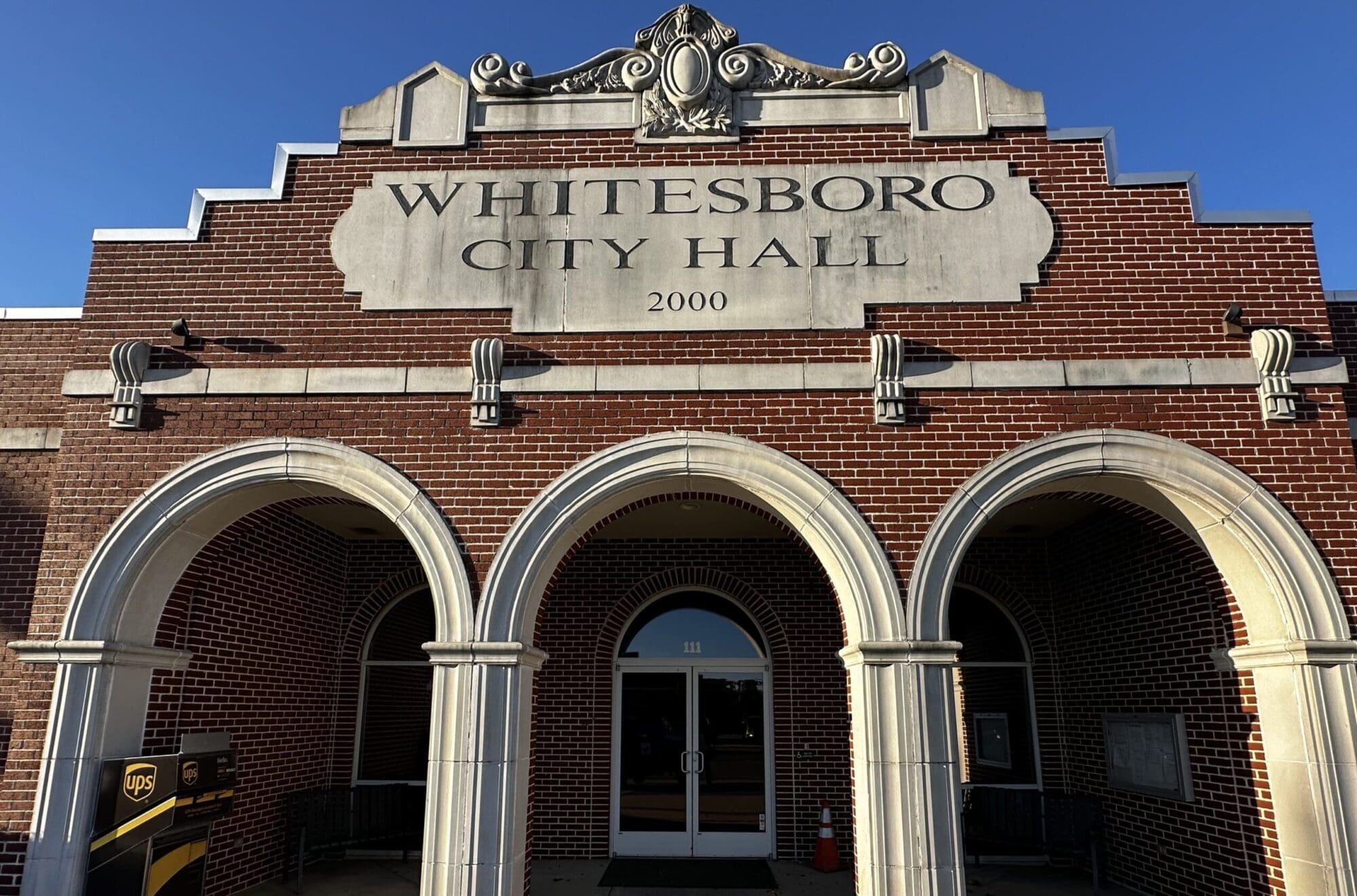As government agencies start to acknowledge the end of the COVID-19 pandemic, one Texas county may start giving away its federal relief funds as part of a guaranteed-income test program.
The Court of Harris County Commissioners approved a guaranteed-income pilot program titled “Uplift” in a 4-1 vote earlier this month, with Commissioner Tom Ramsey (R–Precinct 3) being the sole vote against the plan.
The 18-month program would use $20.5 million from the $915 million of COVID-19 federal relief funds to send select individuals $500 a month. These checks would go to 1,500 random citizens living 200 percent below the poverty line across 10 zip codes.
Currently, the program only applies to the district of Democrat Commissioner Rodney Ellis (Precinct 1), who initially proposed the program.
The program’s approval comes as no surprise to some citizens, as Houston Mayor Sylvester Turner is a member of Mayors for a Guaranteed Income and has been pushing for such a plan since last year.
His term ending in 2024 and his long-documented friendships with Ellis and County Judge Lina Hidalgo—which Texas Scorecard has explored in an investigative series—may explain why the court of commissioners has decided to revive the program.
While some claim direct-money programs will improve citizens’ lives, others say they do little for long-term poverty relief.
Harris County currently has one of the highest median property tax rates in Texas and the United States. Rather than focusing on issues like lowering property taxes and government burdens on businesses to increase the affordability of living in Harris County, poverty relief programs only provide short-term relief.
President of the Urban Reform Institute Charles Blain told Texas Scorecard that direct money programs “are little more than a Band-Aid on a deeper rooted problem: the ever-increasing cost of living.”
“It’s easy for elected officials to give out money; what’s hard is for them to look at the policies they create and the ways in which they grow government, all of which increase the cost of government,” said Blain.
He concluded, “On it’s face, the program looks like it is designed to help people, but ultimately it provides no long-term, sustainable help for those who really need it.”





